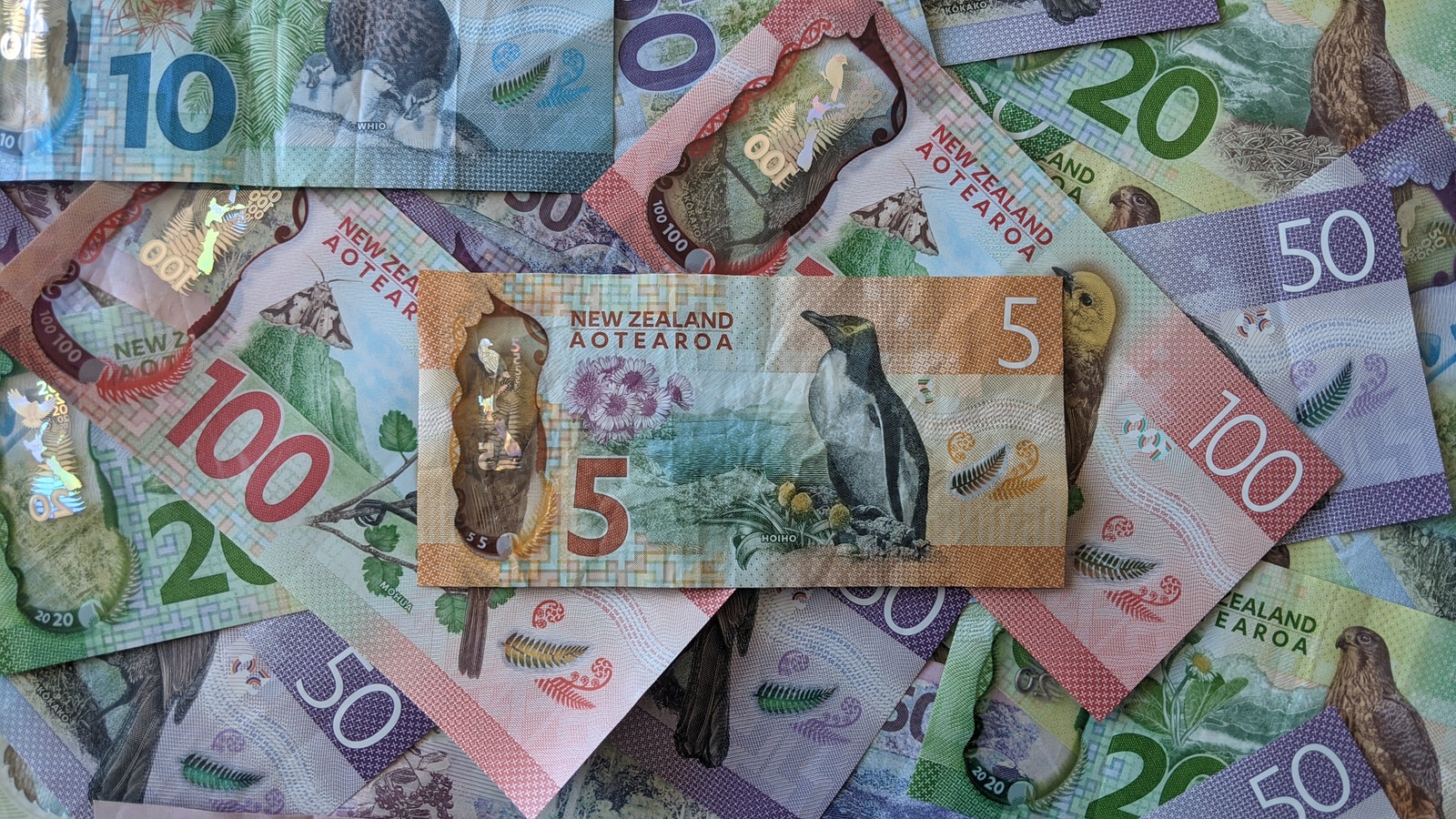Conor English
Chelsea Rapp,
Chair, New Zealand Game Developers Association
Australia is setting out to steal one of New Zealand’s most promising and innovative sectors – interactive media. Video games and apps are one of our biggest digital exports, earning over $300m each year, putting the sector up there with our successful film and software industries but it is now under threat.
This week digital businesses from across the Asia Pacific are gathering for Melbourne International Games Week, one of the biggest events on the international calendar. A strong New Zealand contingent will be there, yet sadly many are looking to permanently relocate across the Tasman due to impressive 30-40 per cent incentives the Australian government is offering.
For every $1 million a Kiwi games business would spend making a game, they could receive a $400,000 cash benefit if they moved resources and jobs to Australia. This is thanks to a 30 per cent Digital Games Tax Offset (DGTO),2 effective from July, combined with 10-15 per cent rebates available in several states.
This represents a crisis for our digital economy and what had previously been one of our fastest-growing sectors. Before the Australian government’s aggressive incentives, New Zealand’s digital games sector was on track to create more than $1 billion in revenue and hundreds of extra high-paid green jobs by 2025, on top of the 1,000 professionals the industry already employs.1 We had been poised for success, but now it’s likely that future growth will go across the Tasman.
These are exactly the types of jobs and businesses we need if we want to grow hi-tech knowledge economy jobs, earn more exports and diversify New Zealand’s economy. They are the sweet spot of the New Zealand government’s economic development plans. It also explains why the Australian government is investing so much to attract businesses like ours to their shores.
Governments around the world recognise the importance of such incentives for economic development, especially as they compete for high-value hi-tech sectors. Worldwide there are over 20 schemes for interactive media and digital games with similar 25 per cent to 40 per cent incentives. Australia’s new incentive treats video gaming similar to its visual effects grant which provides a 30 per cent rebate on movie making. Unfortunately, in New Zealand game development has been expressly excluded from our highly successful film incentives which help bring international productions here and employ thousands.
Inevitably, New Zealand studios are responding and looking to relocate offshore because it is simply no longer competitive to operate here. Some of our largest digital studios, including RocketWerkz, PikPok, A44 Games and StaplesVR, have already halted expansion in New Zealand and are assessing opportunities while in Melbourne this week.
Adding to the problem, the Australian policy will almost certainly see international companies considering investing in either Australia or New Zealand choosing Australia, as the cash benefits are so significant. One dollar spent in Australia will cost them only 60 cents. In New Zealand one dollar will cost one dollar. Factor in the high cost of living in Auckland and Wellington and the odds against investment in New Zealand lengthen further.
We’ve already seen Australian companies recruiting here and using the incentive scheme to offer higher salaries. As jobs flow offshore, government revenue from income tax, GST, PAYE and other taxes will be reduced as will the gains for economic transformation, regional development and export diversification. Once gone, they won’t come back.
The government’s Digital Technologies Industry Transformational Plan, which highlights interactive media as a significant growth opportunity for the country, risks becoming just empty words. While we are spending taxpayers’ money telling “The NZ Tech Story” and trying to attract business, our successful existing companies are looking to leave.
David Clark, Minister for the Digital Economy and Communications, says in the plan’s foreword:
The key to the action plan is creating additional high-value jobs and export revenue from accelerated growth in highly scalable sub-sectors. I, as Minister, see significant potential in software as a service and interactive media… The success of this Industry Transformation Plan requires us to form a consensus view on the scope of our ambition and how this can be achieved with actions and initiatives that are sufficiently realistic to bring about meaningful change – both short and longer term.3
These are admirable words but the reality is we are losing out to our trans-Tasman rivals. However, it’s not too late for the government to not only recognise game development as a great way to grow a low-emissions, high-value industry for New Zealand, but to make the urgent policy changes needed to retain and grow the sector here. We already have a strong base of studios but if local policy fails to meet the global standard, they will relocate to countries with more favourable environments.
We have provided the government with a pragmatic solution that would make a difference, asking it to implement a 30 per cent Interactive Digital Media Grant here. This should be coupled with an Interactive Industry Development Programme to grow skills and startups, similar to the successful Centre of Digital Excellence (CODE) pilot in Dunedin.
The government needs to make announcements soon so the sector can make business decisions knowing where the government stands. Our suggested solutions have an estimated cost of around $35 million to the taxpayer but the sector already returns over $75 million in employment and income taxes, which would continue to grow if we can introduce a similar scheme here.
While we appreciate that this crisis is not of our government’s making, inaction will almost certainly cause New Zealand to lose this sunrise, highly-productive, green sector that the government itself has targeted as a growth opportunity. It’s not too late to stop this happening, but time is running out.
1https://nzgda.com/wp-content/uploads/2019/08/Interactive-Aotearoa-Report-2019_email.pdf
2 Australian Budget 2021 announcement
3www.mbie.govt.nz/dmsdocument/18603-draft-digital-technologies-industry-transformation-plan-2022-2032-pdf

